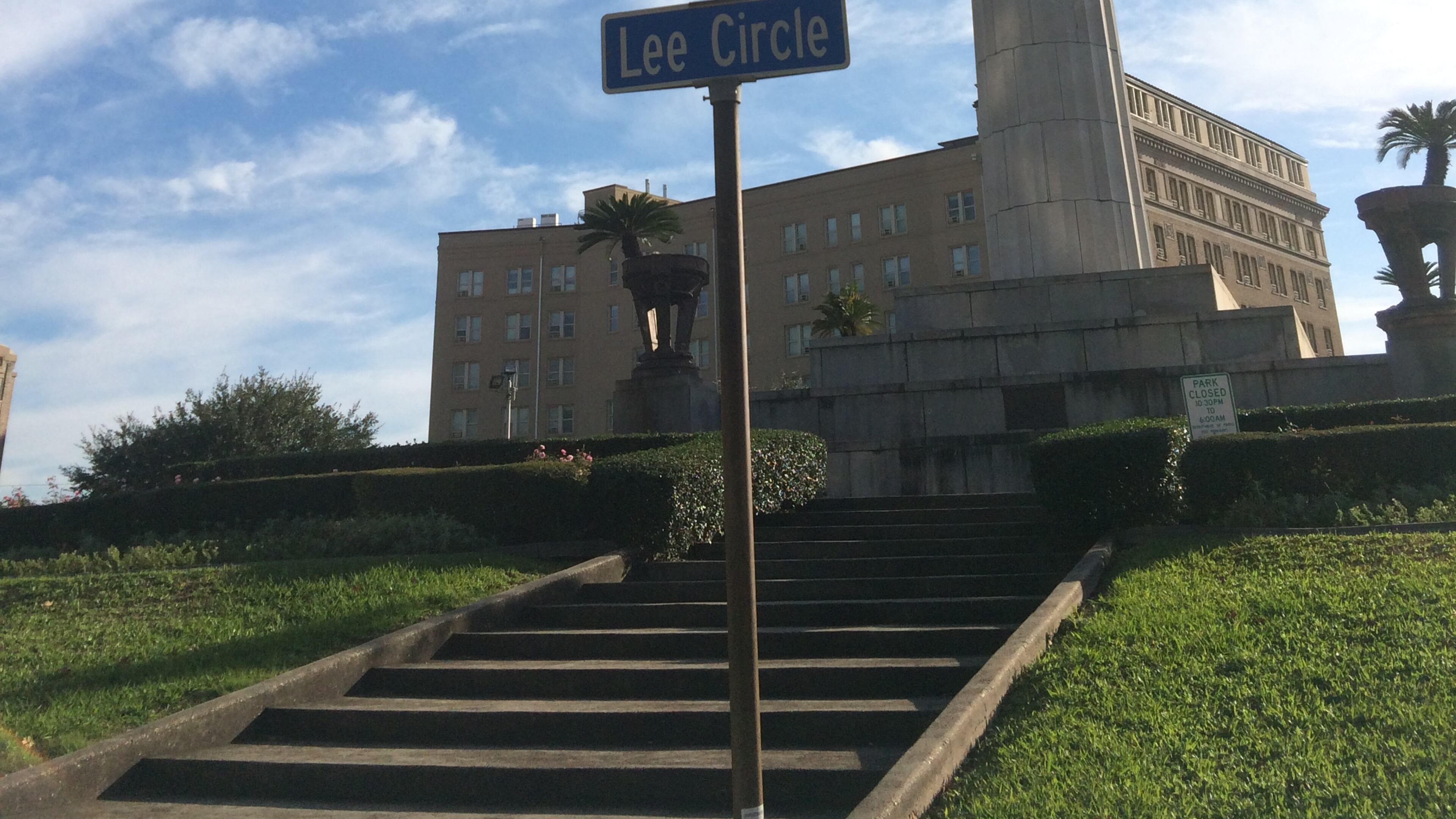Atlanta History Center: Don't tear down Confederate statues

The Atlanta History Center is urging communities considering removing Confederate monuments to reconsider, and to instead use the historic structures as a way to discuss and learn about the past.
"We need to be talking about history," said Atlanta History Center President and CEO Sheffield Hale. "These monuments give you an opportunity to talk about it."

Across the South, Confederate statues appear to be in peril. In New Orleans for example, a statue of Gen. Robert E. Lee has towered over a traffic circle from atop a 60-foot marble column for more than 130 years. His days could be numbered.
The Lee statue, unveiled in 1884 and added to the National Register of Historic Places in 1991, is one of several historic statues with a Confederate connection that the city council has voted to remove. A lawsuit filed in federal court by the Monumental Task Committee, Louisiana Landmarks Society, Foundation for Historical Louisiana, and Beauregard Camp, No. 130, a chapter of the Sons of Confederate Veterans, challenged the motion but a federal judge cleared the way for the city to move forward. The plaintiffs have said they'll appeal.
The Atlanta History Center encourages a different approach, and has launched a segment on its web site aimed at helping communities repurpose Confederate monuments or statues as learning opportunities. It has suggested language communities could consider posting on additional signage near existing structures posted here.
"For us it’s really about reinterpreting these monuments and turning them into artifacts, to really change the conversation," Hale said. "It’s extremely important for us to remember our history."


